- Home
- slideshows
- miscellaneous
- Misinformation, hacking, and imploding startups: 18 books to read in 2020 that puncture Silicon Valley utopianism
Misinformation, hacking, and imploding startups: 18 books to read in 2020 that puncture Silicon Valley utopianism
"Super Pumped: The Battle for Uber" by Mike Isaac

"The Twittering Machine" by Richard Seymour
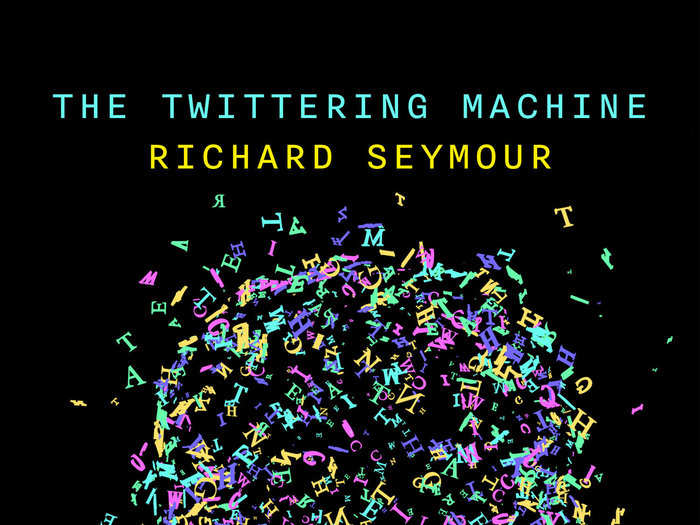
Richard Seymour's dark polemic on the digital age might be the most sobering on this list.
Hardly a day goes by without the President of the United States firing vitriol at his enemies via social media, as Seymour observes in what he assures his readers is a "horror story" come to life.
Seymour dedicates his book to the Luddites – those that smashed machinery apart during the industrial revolution – with his tongue firmly in his cheek.
Reading it might just make you want to do the same.
"Brotopia: Breaking Up the Boys' Club of Silicon Valley" by Emily Chang
In Emily Chang's shocking foray into the exploits of some of the world's most unsavoury tech bros, drug-fuelled sex parties are the norm in the suburbs of Silicon Valley.
Rejected as "salacious nonsense" by Elon Musk – who is himself alleged to have attended one such party – Chang's work exposes the Valley's notoriously male-dominated and sexist culture.
In the final chapter, Chang reveals: "Writing this book has been like going on a trek through a minefield, with fresh mines being laid as I walked."
Don't miss it.
"Bad Blood: Secrets and Lies in a Silicon Valley Startup" by John Carreyrou
Read the inside story of the startup that continues to make headlines around the world.
After founding Theranos, a healthtech company which claimed to have revolutionary blood-testing capabilities, Elizabeth Holmes set a series of calamitous events in motion.
John Carreyrou received universal acclaim for his forensic analysis, seeking sources from top to bottom within Theranos, the sham company that drew massive investments from the likes of Rupert Murdoch and Carlos Slim.
While it remains to be seen what will become of Holmes, Carreyrou's hard-hitting investigation is now set for a Hollywood adaptation, directed by The Big Short's Adam McKay and starring Jennifer Lawrence.
"Invisible Women: Exposing Data Bias in a World Designed for Men" by Caroline Criado Perez
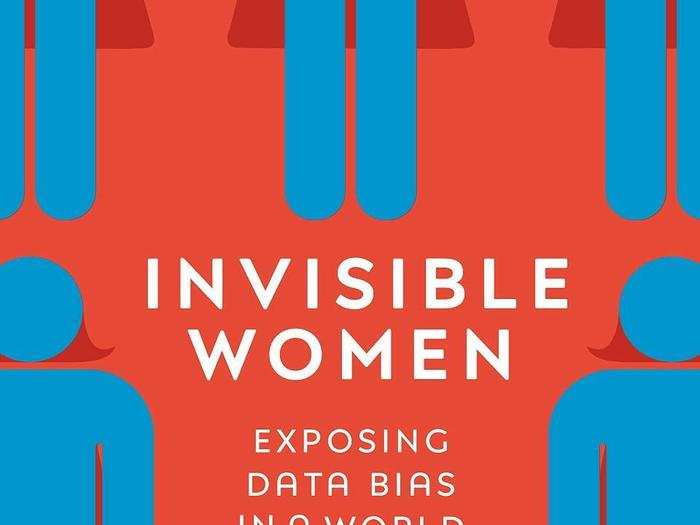
Invisible Women exposes what author Criado Perez dubs the "one-size-fits-men" bias in design and technology, highlighting the endless number of mismatches in everyday life, from fitness monitors to items of clothing to car safety.
The winner of the Financial Times' Best Business Book of 2019, Invisible Women is a compelling insight into the dangers of treating male bodies as the default in policymaking.
"Don't Be Evil: The Case Against Big Tech" by Rana Foroohar
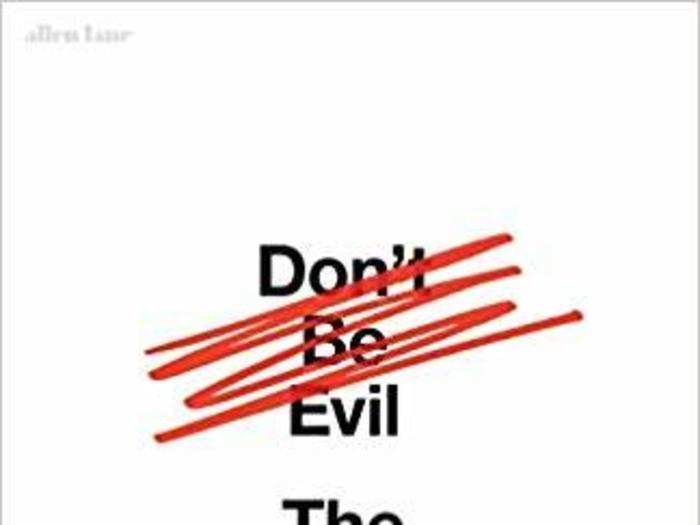
Financial Times journalist Rana Foroohar's deep-dive critique of the internet's pioneers takes a forensic look at the biggest companies dominating our lives, including: Google, Facebook, Apple, Amazon, Netflix and Uber.
In examining each case study, Foroohar unpicks how the tech giants slowly but surely started to betray their founding principles, from Google's old mantra "Don't be evil" to Mark Zuckerberg's vision of creating "communities" around the world.
Like with so many on our list, Don't Be Evil might leave you feeling a little more nervous about the world we live in, but a lot more informed.
"Future Politics: Living Together in a World Transformed by Tech" by Jamie Susskind
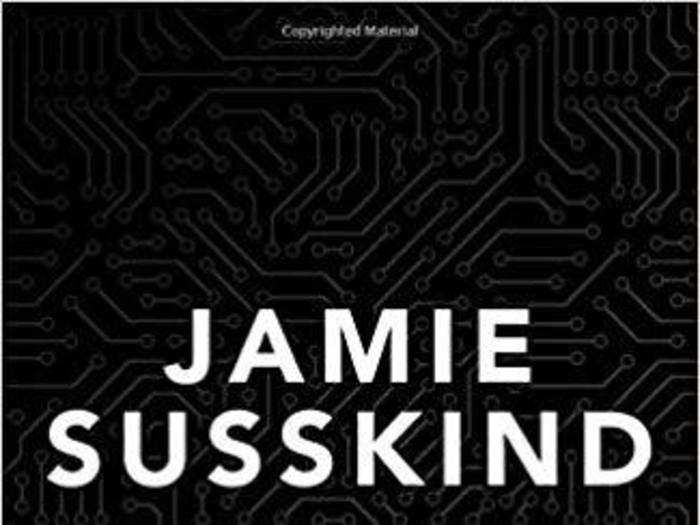
Jamie Susskind confronts some of the most important questions of our time, effortlessly mapping his knowledge of political theory onto the latest developments from Silicon Valley, revealing a host of ethical quandaries and impracticalities.
Susskind doesn't hone in on any particular companies, instead abstracting their capabilities and what they might mean for all of us in our everyday lives or, as he calls it, the "digital lifeworld."
For all its grand implications, Future Politics is an accessible read, peppered with self-deprecating humour and pop cultural references throughout, and will make you only more curious about the road ahead.
"The Age of Surveillance Capitalism: The Fight For a Human Future at the New Frontier of Power" by Shoshana Zuboff
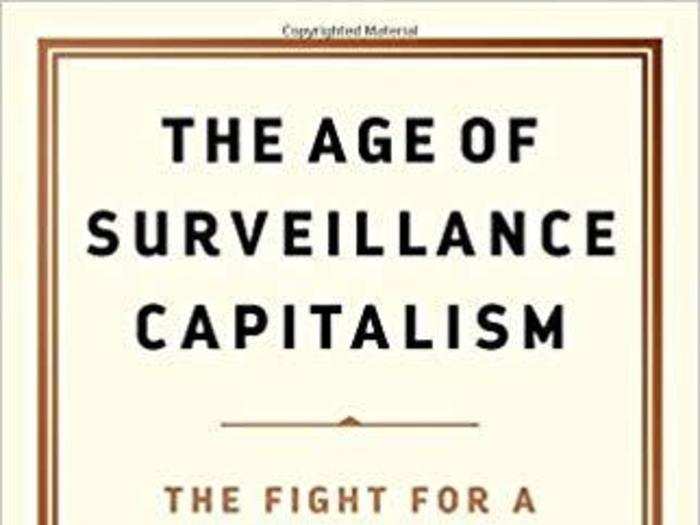
Shoshana Zuboff, a professor of social psychology at Harvard Business School, has been using the term "surveillance capitalism" to describe the economic model of Big Tech since at least 2014, around five years before publishing this weighty tome.
She offers the reader a shocking insight into the business model that underpins the digital world, detailing in razor-sharp detail how the likes of Facebook and Google are using our data to advance their interests.
Zuboff effortlessly infuses what we already know with her trademark academic analysis, allowing us to grasp the big picture. The landmark book is a follow-up of sorts to her previous work, 1988's "The Age of the Smart Machine", which was likewise considered definitive in its field.
"Automating Inequality" by Virginia Eubanks
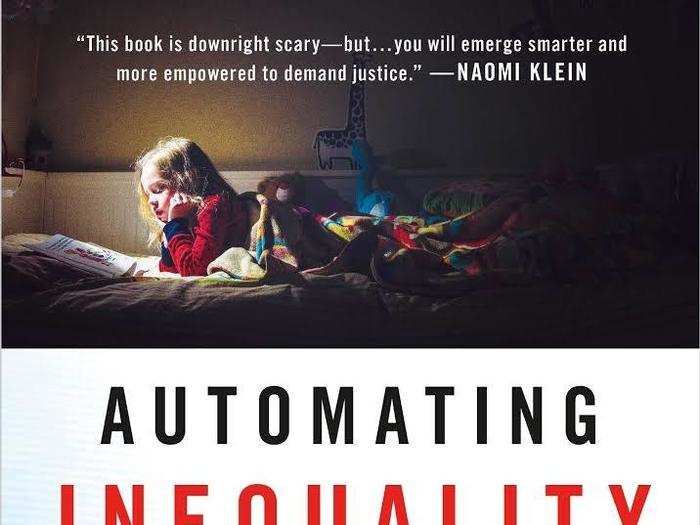
"Automating Inequality" is an unsettling insight into the world of robotic decision-making, exploring how algorithms are already being used to make decisions about who should be paid, who should be surveilled and – in some cases – who should be born.
Eubanks, a professor of women's studies at the University of Albany, paints a compelling picture of inequality at large, intensified by the distancing of human beings from human affairs.
The unfiltered impact of new technology on issues like race, class and gender exemplifies how machines have yet to learn how to make decisions the way humans do.
"The People vs Tech: How the Internet is Killing Democracy (and How We Save It)" by Jamie Bartlett
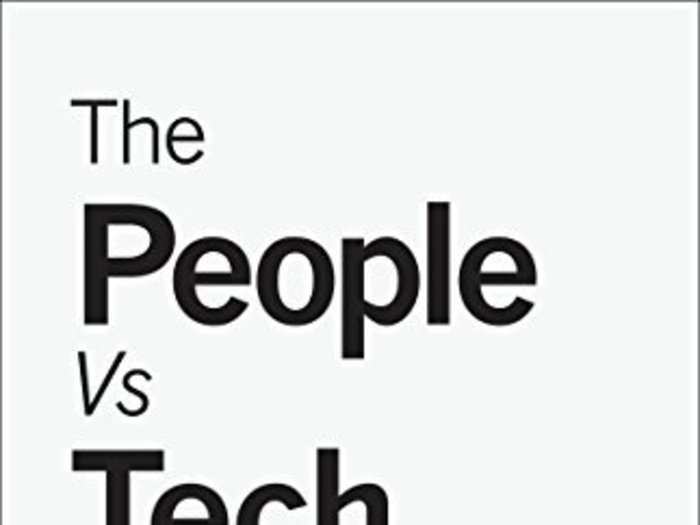
Jamie Bartlett's manifesto for technological resistance, longlisted for the Orwell Prize, offers a comprehensive overview of the threats posed by the Internet to our very way of life.
Most recently heard hunting down the Missing Cryptoqueen for the BBC, Bartlett offers a sobering guide to the ways in which both individuals and institutions can stop Big Tech from taking over our culture, elections, economy and more.
Bartlett works at think-tank Demos, and previously presented a two-part BBC documentary series called The Secrets of Silicon Valley.
"Hired: Six Months Undercover in low wage Britain" by James Bloodworth
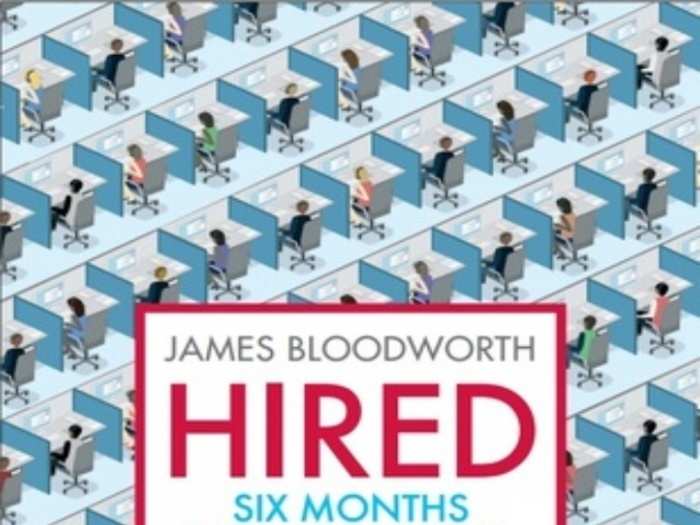
While technically more a series of sociological experiments than tech exposé, Bloodworth's book dramatically reveals the everyday reality of those working in the UK's tech-driven gig economy.
Whether stacking shelves in an Amazon warehouse or seeking passengers as an Uber driver, Bloodworth steps into the lives of those doing Big Tech's heavy lifting without seeing much of the reward.
Selected as The Times' current affairs book of 2018 and longlisted for the Orwell Prize, "Hired" is an in-depth study of the conditions imposed on those benefiting least from the technological revolution.
"Mindf*ck: Cambridge Analytica and the Plot to Break America" by Christopher Wiley
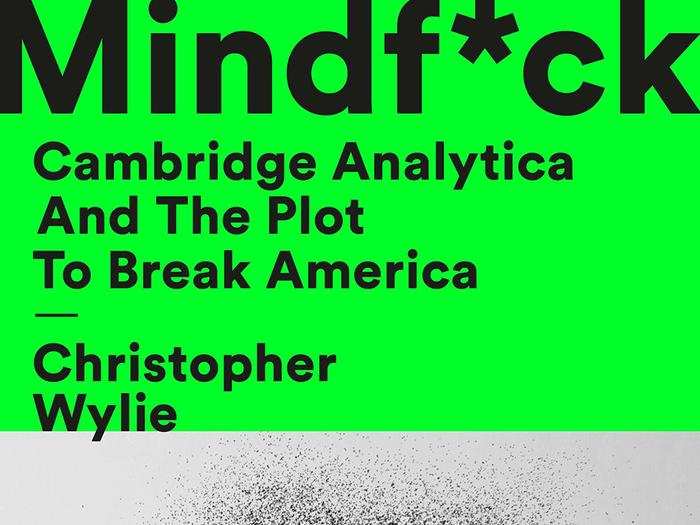
Christopher Wiley, the Cambridge Analytica whistleblower, lifts the lid on his time at the now-infamous political consultancy.
Revelations abound about the company's working culture, including the behaviour of former CEO Alexander Nix, while Wiley reveals bit by bit the kind of power he wielded while rifling through individuals' personal data.
While the true impact of Cambridge Analytica's work in the US, UK and elsewhere around the world continues to be argued, Wiley's insight gives you the best chance yet of making that assessment for yourself.
"We Are Data: Algorithms and the Making of Our Digital Selves" by John Cheney-Lippold
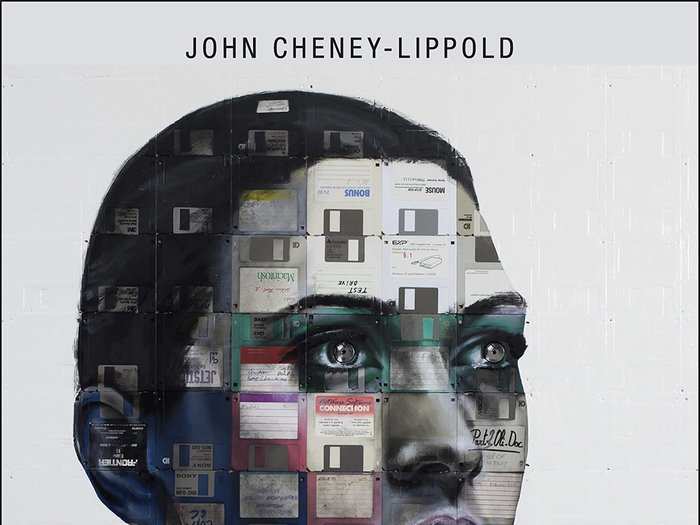
Algorithms are everywhere, organising the unfathomably large quantities of data produced by each of us every day.
In "We Are Data", John Cheney-Lippold spells out what the implications might be for our "algorithmic identities" in the digital age, and how they underpin everything from architecture to accountancy.
A professor of digital studies at the University of Michigan, Cheney-Lippold implores his readers to try to fully grasp the problems that lie ahead, so that we might have the best chance of reaching a solution.
"Human Compatible: AI and the Problem of Control" by Stuart J. Russell
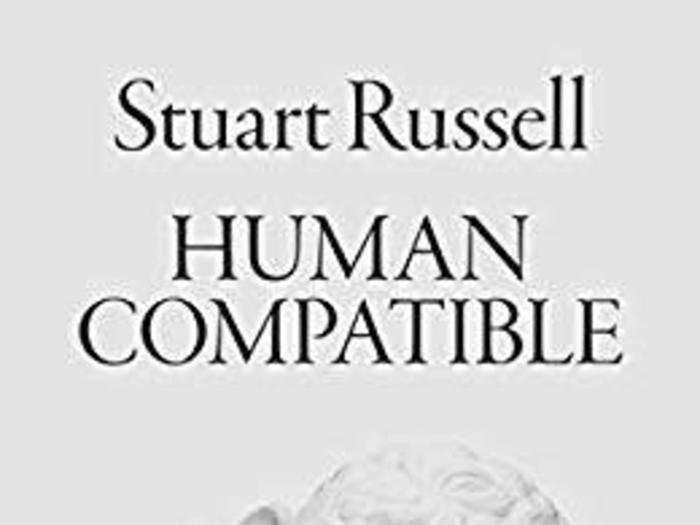
Stuart Russell already has one of the best-known books on artificial intelligence to his name, having authored "Artificial Intelligence: A Modern Approach" in 1995 with co-writer Peter Norvig.
Now, Russell returns to the question – and doesn't hold anything back.
The University of California professor outlines the darker consequences of pushing the frontiers in artificial intelligence or, as he calls it, "the most important question facing humanity".
"Sandworm: A New Era of Cyberwar and the Hunt for the Kremlin's Most Dangerous Hackers" by Andy Greenberg
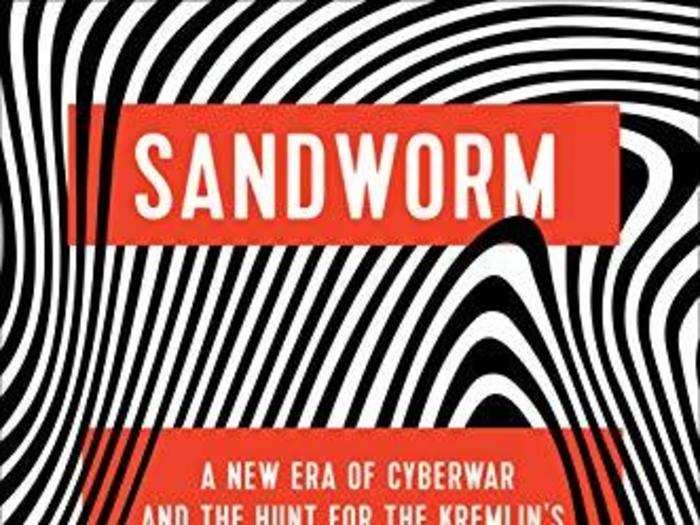
Writing with the pace of a thriller novel, Andy Greenberg tells the story of Russia's infamous hacking group of the title.
Sandworm is the must-read guide to state-sponsored hacking, described by the LA Times as a "comprehensive look at the technical, military and political stories of this new hidden war".
"Live Work Work Work Die: A Journey Into the Savage Heart of Silicon Valley" by Corey Pein
With his 2018 book, journalist Corey Pein set out to learn how such an overhyped industry as tech could sustain itself as long as it has.
He slowly works the crowds at conferences, pitches his wacky ideas to investors and interviews a cast of ridiculous characters: cyborgs, tech bros, hackers and obedient employees all feature.
LWWWD is an incisive portrait of a self-obsessed industry hellbent on succeeding by whatever means necessary.
"Democracy Hacked: Political Turmoil and Information Warfare in the Digital Age" by Martin Moore
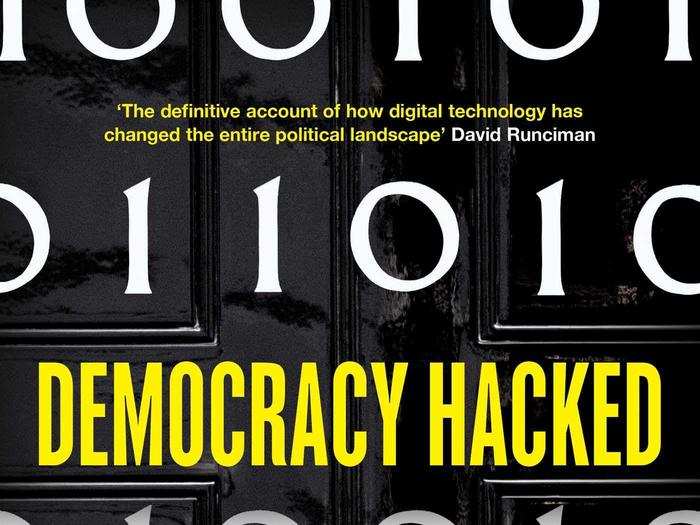
Martin Moore has some big questions for Big Tech, breaking his book into three overarching themes: hackers, systems failure, and alternative futures.
From the rise of alt-right media outlets like Breitbart, through to the rise of what he dubs "surveillance democracies", Moore maps a path from old Soviet disinformation campaigns through to those alleged to have played a part in the 2016 US Election.
A seriously engaging work that should be read by anyone curious about the impact of new technology on national security.
"New Dark Age: Technology and the End of the Future" by James Bridle
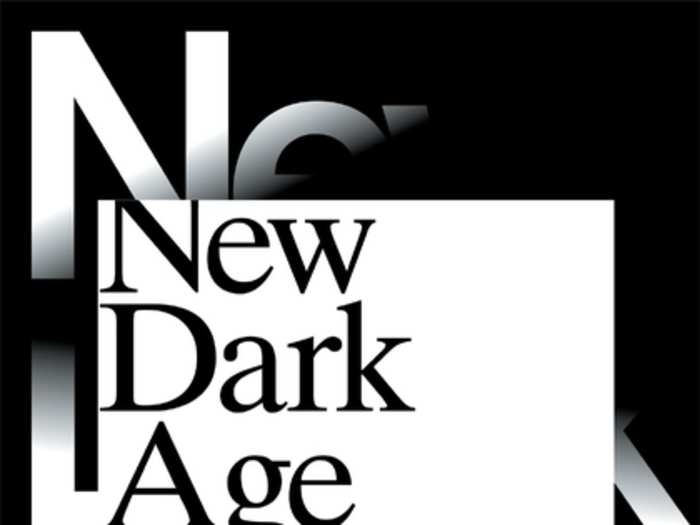
One of the "most unsettling and illuminating" books about the internet ever written, so says the New York Times, "New Dark Age" reveals the dark clouds gathering over our dreams of a digital utopia.
Looking at the ways machines have already began besting their human competitors, such as the AI that defeated chess Grandmaster Garry Kasparov, Bridle suggests a new path forward: "centaur chess", a kind of team-up between humans partnered with computers.
The implications for a post- or transhuman world are – to say the least – mind-blowing.
Popular Right Now
Advertisement